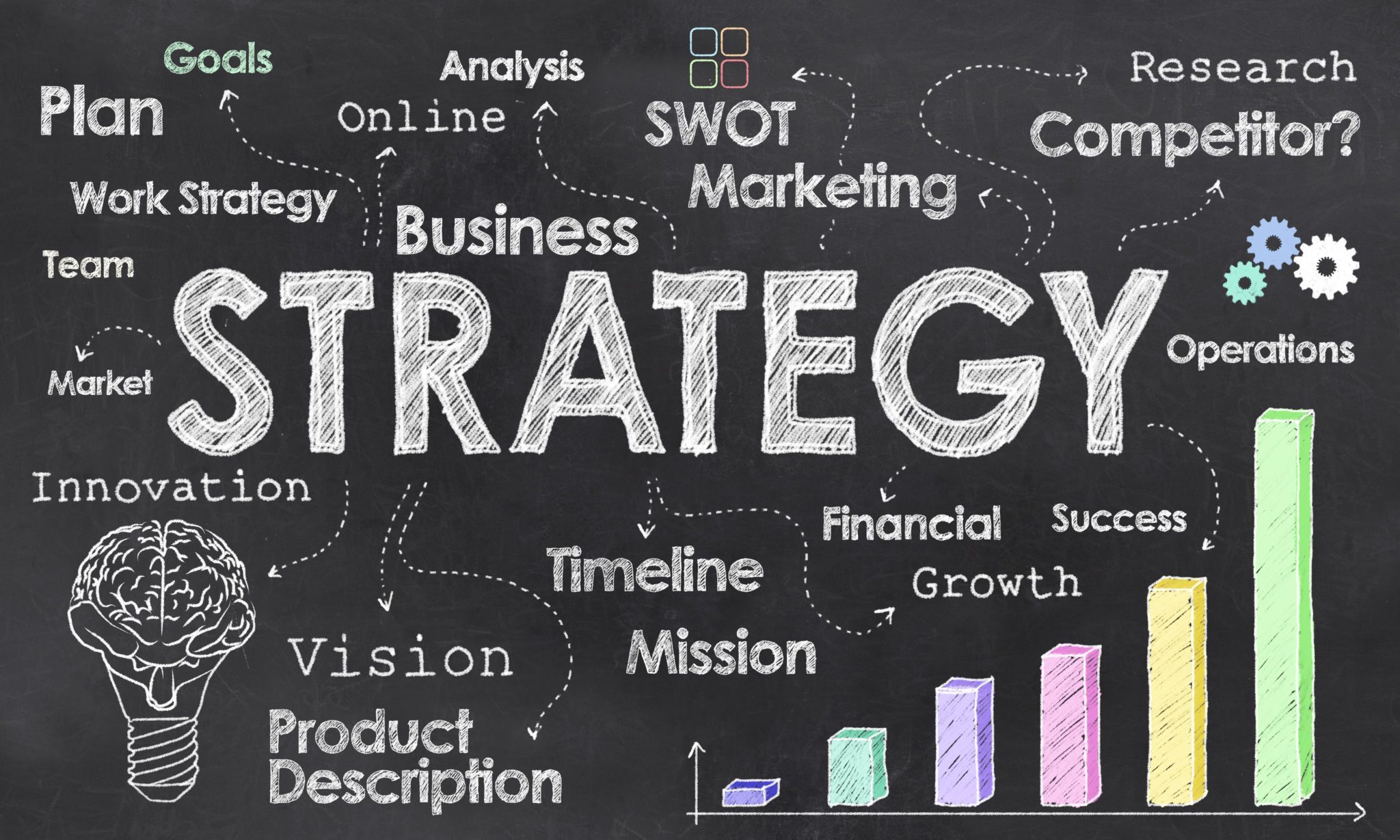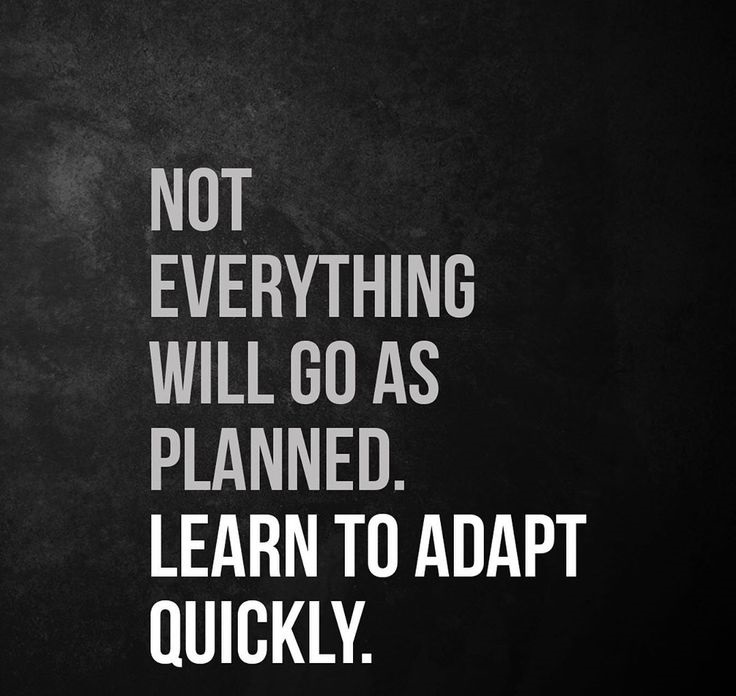A Key to goal achievement
Understanding and enhancing client strategies is pivotal in driving growth and success in a rapidly shifting business landscape. Whether you’re an established business consultant or an emerging professional in the field, you recognize that a well-thought-out strategy can catapult your clients towards their goals or, if poorly executed, leave them stagnating ineffectively.
This article is a valuable resource for navigating the often complex world of client strategies.
Understanding the Clients Strategy
Dip into this goldmine of information to discover how a judicious blend of foresight, critical thinking, and innovative approaches, can propel your clients beyond their expectations.
Get ready to dissect complex business dynamics, unravel efficient problem-solving methods, and create strategies that are not just growth-focussed but also sustainable.
Upgrade your toolbox with strategies that stand the test of time, become an indispensable ally in your clients’ pursuit of success. This is more than business; this is about enabling your clients’ dreams to unparalleled heights


Understanding the Role of a Business Consultant
Business consultants are like navigators for companies, steering them through the hazards and opportunities of the business landscape. Their primary role is to provide expert advice in their area of specialization, which could range from marketing and HR to IT and finance.
The consultant’s role extends beyond just giving advice. They are also responsible for understanding clients’ business objectives and challenges, and then crafting and implementing strategies to address these. This often involves analyzing various aspects of the clients’ businesses, including their processes, systems, and structures.
Consultants bring a fresh, external perspective to the table, spotting issues and opportunities that internal teams might overlook. By leveraging their expertise and objectivity, consultants can help clients make informed decisions, avoid costly mistakes, and ultimately achieve their business goals.
Analyzing Client’s Current Business Strategies
A critical step in the consulting process is analyzing the client’s current business strategies. This involves a comprehensive review of the organization’s operations, market position, strengths, weaknesses, opportunities, and threats. The aim is to get a clear picture of the business environment and the strategies in place.
Analyzing business strategies is not a one-size-fits-all process. It varies depending on the client’s industry, size, and objectives. For instance, a consultant working with a small startup might focus on product development and market entry strategies, while one working with a large corporation might concentrate on corporate strategy and restructuring.
Techniques such as SWOT analysis, PESTEL analysis, and Porter’s Five Forces can be used to analyze the client’s strategies. These techniques help identify the key drivers of the business, the external and internal factors impacting it, and the competitive forces in the market.
The Process of Enhancing Client Strategies
Enhancing client strategies involves identifying gaps in the current strategies and recommending improvements. The enhancement process starts with setting clear, measurable objectives aligned with the client’s business goals. These objectives serve as the roadmap for developing the enhanced strategy.
The next step is to devise alternative strategies to achieve the objectives. This requires creativity, critical thinking, and a deep understanding of the client’s business. It might involve brainstorming sessions, scenario planning, or the use of strategic management tools.
The final step is implementing the enhanced strategies and monitoring their performance. This usually involves working closely with the client’s team to ensure the strategies are executed effectively. The consultant also needs to track the strategies’ progress and make adjustments as necessary.
Key Techniques in Achieving Business Goals
There are several techniques that consultants can use to help clients achieve their business goals. One of them is the Balanced Scorecard, a strategic planning and management system that aligns business activities with the vision and strategy of the organization.
Another technique is Benchmarking, which involves comparing the client’s business performance with the best practices from other companies in the same industry. This can provide valuable insights into areas where the client can improve.
Risk Management is also essential in achieving business goals. Consultants can help clients identify potential risks and develop strategies to mitigate them. This can prevent costly mistakes and ensure the business stays on track towards its goals.


Case Studies: Successful Business Consulting Experiences
Case studies are a great way to illustrate the impact of business consulting. Let’s look at a few examples. In one case, a retail company struggled with declining sales and customer dissatisfaction. A consultant was brought in to analyze the situation and develop a turnaround strategy.
The consultant thoroughly analysed the company’s operations and identified several issues, including poor inventory management and lack of customer engagement. The consultant then recommended a series of changes, including implementing a new inventory management system and launching a customer loyalty program.
Within a year, the company’s sales had increased by 20%, and customer satisfaction had improved significantly. This case highlights how a consultant can identify problems, devise solutions, and drive positive results.
The Importance of Continuous Learning and Adaptation
In the fast-paced business world, continuous learning and adaptation are crucial for success. For consultants, this means staying abreast of the latest trends, technologies, and best practices in their field. This can be achieved through professional development courses, industry conferences, and networking events.
Adaptation is equally important. Consultants need to be able to adapt their strategies and approaches based on changing market conditions, client needs, and business objectives. This requires flexibility, resilience, and a willingness to step out of the comfort zone.
Continuous learning and adaptation are not just important for consultants, but also for their clients. Consultants can play a pivotal role in fostering a culture of learning and innovation within the client’s organization, thereby enhancing its competitiveness and sustainability
Expert Tips for Business Consultants
A successful business consultant requires more than expertise in a particular field. It also requires excellent communication skills, a problem-solving mindset, and a strong work ethic.
One expert tip for consultants is always to put the client’s needs first. This means understanding the client’s objectives, challenges, and constraints, and tailoring the consulting services accordingly. It also means being honest and transparent with the client, even when the truth is hard to hear.
Another tip is to improve one’s consulting skills continuously. This could involve seeking feedback from clients, pursuing professional development opportunities, or learning from other experienced consultants. The goal is to enhance one’s ability to deliver value to clients constantly.
Finding the Right Business Consulting Service
Choosing the right business consulting service can be a challenging task for businesses. There are many factors to consider, including the consultant’s expertise, experience, and track record. The consultant’s approach, methodology, and communication and interpersonal skills are also important.
One way to find the right consulting service is through referrals from business associates or industry peers. Another way is to conduct online research, comparing different consulting services based on their reviews and ratings. Businesses should also consider their specific needs and objectives, and choose a consultant who can best help them achieve these.
Conclusion
In conclusion, understanding and enhancing client strategies is a key aspect of business consulting. It involves analyzing the client’s current strategies, identifying gaps and opportunities, and developing and implementing enhanced strategies. The process requires expertise, critical thinking, creativity, and effective communication.
The case studies illustrate that successful business consulting can drive significant results. However, it requires continuous learning and adaptation, both on the part of the consultant and the client. By following the expert tips and choosing the right consulting service, businesses can maximize the benefits of consulting and achieve their goals.

